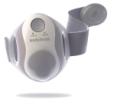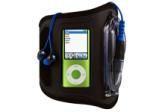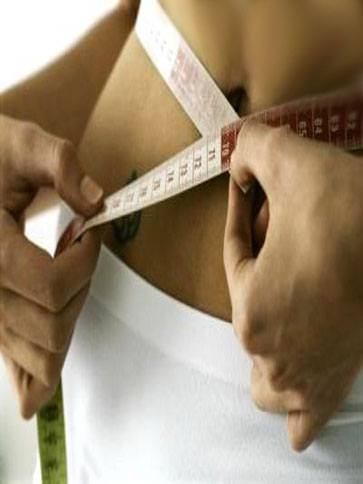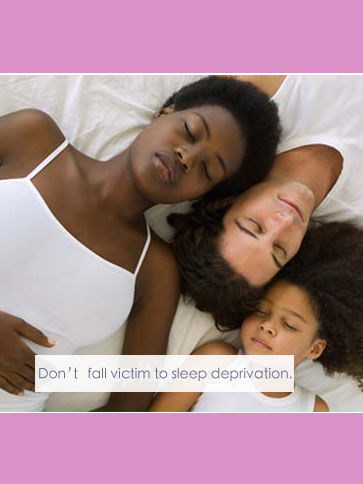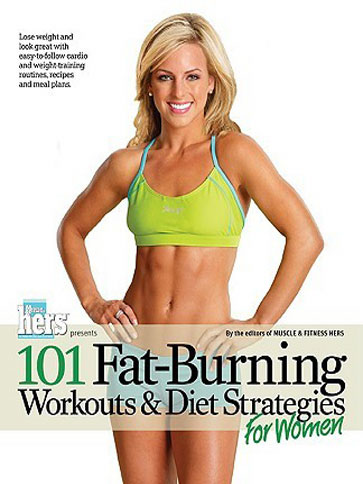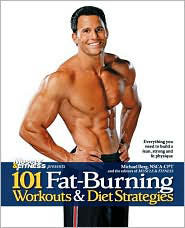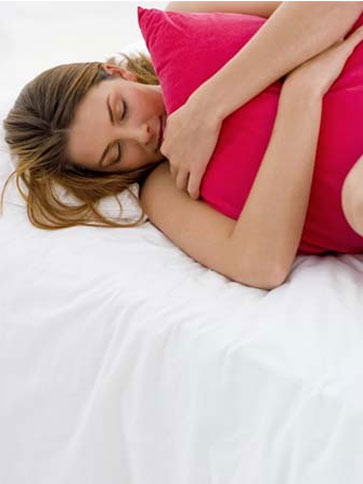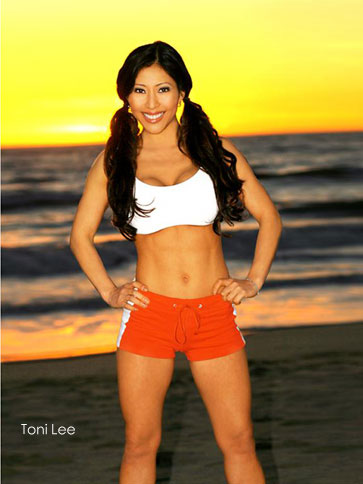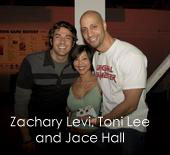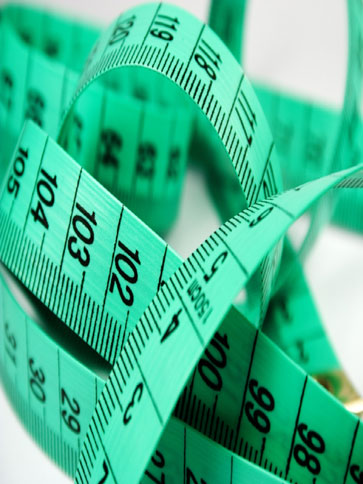Do I Need a Special Program?
 There are countless detox diets out there requiring you to buy special herbal blends and spend gobs of your hard earned money for what promises to be the solution to all your ailments. Think twice. The Master Cleanse, Martha’s Vineyard Detox, Fruit Flush, Fast-Track One Day Detox, and the Joshi Program are all highly promoted detox programs on the current market; but buyer, beware. “These diets can give people a false sense of security, a feeling that they’ve been protective of their health,” Dawn Jackson-Blatner, a dietitian at the Northwestern Memorial Hospital Wellness Institute and American Dietetic Association spokeswoman told WebMD. I, on the other hand, personally believe in taking the most natural and minimalistic approaches to your body (please, always consult with your physician, though), and a detox is no exception. The proper detox is not a diet but simply making a healthy shift in what you eat and what you expose yourself to for the long run. You take the time to filter out as many artificial substances as possible, and usher in a host of natural foods to give your body the time and resources it needs to repair itself. All you will need is fresh natural foods (organic preferably), common low cost natural supplements, lots of water, patience, determination, commitment, and finally, good advice (provided here of course).
There are countless detox diets out there requiring you to buy special herbal blends and spend gobs of your hard earned money for what promises to be the solution to all your ailments. Think twice. The Master Cleanse, Martha’s Vineyard Detox, Fruit Flush, Fast-Track One Day Detox, and the Joshi Program are all highly promoted detox programs on the current market; but buyer, beware. “These diets can give people a false sense of security, a feeling that they’ve been protective of their health,” Dawn Jackson-Blatner, a dietitian at the Northwestern Memorial Hospital Wellness Institute and American Dietetic Association spokeswoman told WebMD. I, on the other hand, personally believe in taking the most natural and minimalistic approaches to your body (please, always consult with your physician, though), and a detox is no exception. The proper detox is not a diet but simply making a healthy shift in what you eat and what you expose yourself to for the long run. You take the time to filter out as many artificial substances as possible, and usher in a host of natural foods to give your body the time and resources it needs to repair itself. All you will need is fresh natural foods (organic preferably), common low cost natural supplements, lots of water, patience, determination, commitment, and finally, good advice (provided here of course).
Is Detoxing Safe?
By my definition of detoxing, yes, but always consult your physician before making dramatic changes to your diet. My definition of detoxing includes pulling away from artificial, over-processed foods, minimizing exposure to environmental toxins and increasing self-care to give your body the chance it needs to optimize. It is not a magic bullet, and you mostly lose water weight and possibly backed up fecal matter (stool) in your colon both of which drop big weight fast, but still this is vital. You do lose some body fat, but the idea of a proper detox is to create an ideal foundation for a lifelong positive health shift that will in turn rev your metabolism. At the risk of being hunted down by high-end spas and programs offering $5000 detox packages, don’t waste your money. If it sounds as if they are offering miracles, do your research. Would you rather take the expensive, questionable quick fix that offers you the world only to empty your pockets and add twice the weight back or a realistic permanent healthy change?
So How Do I Get Started?
Allergies:
If you are relatively new to taking care of yourself and not very familiar with your body, I would first recommend that you ask your doctor for an allergy path exam. There are a significant number of people today with food and/or environmental allergens who are none the wiser. You might not be aware of an allergy because some symptoms are as small as headaches, gas, irritation, or lethargy. Allergies become relevant because one symptom you might not be aware of is internal inflammation (which you obviously cannot see). Inflammation can severely affect nutrient absorption and a host of other systems. Make a trip to your doctor and let your doctor know you are interested in finding out whether you have any allergies and if you should worry about intestinal inflammation. (Doctors have a special test.)
What Should I Avoid?
(temporarily)
Sugar
Includes products containing sugar, and hidden forms of sugar, such as sucrose, dextrose, corn syrup, brown sugar, and turbinado. Artificial sweeteners are usually not recommended. Stevia and erythritol are allowed natural sweeteners.
Dairy Products
Milk, butter, cream cheese, sour cream, and other dairy products.
Wheat
Wheat and products containing wheat, such as pasta and bread.
Gluten
All gluten-containing grains: wheat (including spelt, triticale, and kamut), rye, and barley.
Coffee
One cup a day is ok if needed to reduce the occurrence of caffeine withdrawal headaches, but if you can, go without.
Stress
I can hear you snickering and laughing from here. Stress reduction is important. Stress reduction is scientifically proven to be critical to proper health, longevity, weight management, and a host of other subjects. Look forward to a full article on stress in an upcoming issue. Try as hard as you can to minimize your stress for this two-week approach of mine with massages, pampering, delegating your work to others temporarily, or just avoiding stressful scenarios temporarily. I know it’s easier said than done, but there is logic behind my madness. If after these two weeks your health and mood are significantly enhanced, then it is in your best interest to take the time to create a battle plan to combat stress for the long run, for the sake of your health.
Other Foods to Avoid
- Yeast
- Alcohol
- Food Additives and Preservatives
- Chocolate
- High-Fat Foods
So What Should I Have?
Fruit
Fresh or frozen fruit.
Vegetables
All fresh, please. Particularly good veggies include broccoli, cauliflower, Brussells sprouts, onions, garlic, artichokes, beets, red and green vegetables.
Rice
All forms of rice, brown rice preferred.
Other Grains
Quinoa, amaranth, millet, and buckwheat can be used instead of rice. Found at a health food store or in some grocery stores.
Beans
Split yellow and green peas and lentils are easiest to digest and require the least soaking time. Other good options include kidney beans, pinto beans, mung beans, garbanzo beans (chickpeas) and adzuki beans.
Nuts and Seeds
Good choices include flaxseed, pumpkin seeds, sesame seeds, sunflower seeds, almonds, cashews, and walnuts (usable as snacks or on a salad). Natural nut butters are ok. Peanuts and peanut butter are usually not recommended.
Oil
Extra-virgin olive oil is a preferred oil.
Condiments
Vegetable salt, sea salt, vinegar, soy sauce or tamari, all herbs or spices.
Tea
Herbal teas, green tea.
Other Beverages
Water, lemon water, pure unsweetened fruit and vegetable juices, rice milk
Detox Must Dos
- Fiber – If you are cleaning bad stuff out, it needs to completely leave your system; and only fiber is truly going to take care of the bulk of that work.
- Drink a minimum of 8 glasses of water per day, warm or room temperature preferred.
- (Recommended) A good probiotic to aid in digestion.
- (Recommended) A Good Multivitamin to ensure nutrient needs are met.
So Now How Do I Detox?
My basic prescription will take two weeks. You will want to eat five to six equal meals throughout the day. First meal should be within 30 minutes of waking up. I don’t recommend starvation, so eat the amount of calories your body requires. Should you want to put some emphasis on weight loss, find out how many calories you should eat and subtract 500 a day. This deficit will give you an approximate 1-2 lb of fat loss a week. Please note that those of you increasing that 500 calorie deficit should not cut your calories so much that you are starving because it will launch your body into weight storage mode. Stick to a 500 calorie deficit for now. To calculate how many calories, simply multiply your body weight times ten; and that will give you a solid general idea of the calories you use in a day. If you are very sedentary, subtract 300 calories from that number to be more accurate. If you want a more precise method of calculating weight loss calories, head back to my older article on weight loss “Fitness 101 – Weight Loss” in our archives.
Now that you have your allotted calories, split them up evenly over those 5-6 even meals. As for what you should eat, refer back to the included list of What Should I Have? and avoid the Avoids list. Have fun and make your own meals, or buy food if you are not a cook; but stick as close as you can to these two lists for two weeks. The idea is to minimize possible negative influences in your health and filter them out in this detox time. Stay committed and it will pay off big. After these two weeks, begin to reintroduce all the items from the Avoid list one at a time; try to separate the time between each. Notice how your body responds to each of them, and should you not like what happens (i.e., gas, bloating, headache, lethargy, restlessness, mood shift, etc.), then eliminate it completely. This is a great simple way to optimize your health and life.
There are definitely some items on the Avoid list that I highly recommend that you never bring back, though: high fructose corn syrup, white flour, heavy artificial preservatives, and large amounts of sugar. The closer you stay to natural forms of food the easier it is to keep weight down and health up. The body suffers when you mistreat it.
Look forward to a future exposé article on what is in our food that slows us down and how to combat all these hidden land mines. The food industry is going to hurt me; but if you live longer, healthier lives, then I am ok with that.
If you would like a more advanced detailed version of how to detox through my idea of more natural methods for long-term goals, stay close. I will be publishing a comprehensive handbook focused on the top 10 ways to supercharge your metabolism for life very soon. It will include all this in detail, along with sample menus and lots of great helpful surprises. Until we meet again, Agenda readers.
Resources
“The World’s Healthiest Foods – Essential Guide for the Healthiest Way of Eating,” GMF publishing, George Mateljan
“Anatomy & Physiology” 6th Edition, Mosby Elsevier Publishing, Thibodeau, Patterson
http://www.webmd.com, http://www.usprobiotics.org
Written by Anthony Heredia
 Warning: this article is going to be a bit more personal than I’ve been before. With that written, I’ll jump right in. Every time I relapse, I try to find something—or someone—to blame. Previous examples include the phrase “you’re not getting any smaller” and the occasional critical stare, which inevitably sent me into the kitchen––only to subsequently go into the bathroom. And so on, and so on ad infinitum. But the idea of a woman of color with an eating disorder always seemed an anathema to me. African American beauty always appeared to skirt the mainstream ideals when it came to weight. Hair quality and skin hue continue to fall victim, but weight was our “upper hand,” so to speak. And although we relax our hair to the point it falls out and occasionally avoid the sun to keep our skin lighter, we still enjoy our ribs and biscuits without remorse because we still appreciate the roundness of our rumps and the fullness of our thighs.
Warning: this article is going to be a bit more personal than I’ve been before. With that written, I’ll jump right in. Every time I relapse, I try to find something—or someone—to blame. Previous examples include the phrase “you’re not getting any smaller” and the occasional critical stare, which inevitably sent me into the kitchen––only to subsequently go into the bathroom. And so on, and so on ad infinitum. But the idea of a woman of color with an eating disorder always seemed an anathema to me. African American beauty always appeared to skirt the mainstream ideals when it came to weight. Hair quality and skin hue continue to fall victim, but weight was our “upper hand,” so to speak. And although we relax our hair to the point it falls out and occasionally avoid the sun to keep our skin lighter, we still enjoy our ribs and biscuits without remorse because we still appreciate the roundness of our rumps and the fullness of our thighs. highest level of beauty and intelligence that we can ever reach. Sadly, the numbers are still too dubious to efficiently measure how many women of color suffer from EDs. Whether or not they are being counted, it’s possible to ascertain that the stigma within the black community still encourages resistance to European standards of beauty, and in turn assigns shame to the methods of attaining that standard. If we do it, we can’t talk about it, and therefore, the possibility of recognizing an ED as a problem never surfaces. If we don’t do it, we relegate ourselves to the inferior standard of the larger-than-life “Sheniqua.” So, in essence, we’re screwed.
highest level of beauty and intelligence that we can ever reach. Sadly, the numbers are still too dubious to efficiently measure how many women of color suffer from EDs. Whether or not they are being counted, it’s possible to ascertain that the stigma within the black community still encourages resistance to European standards of beauty, and in turn assigns shame to the methods of attaining that standard. If we do it, we can’t talk about it, and therefore, the possibility of recognizing an ED as a problem never surfaces. If we don’t do it, we relegate ourselves to the inferior standard of the larger-than-life “Sheniqua.” So, in essence, we’re screwed.